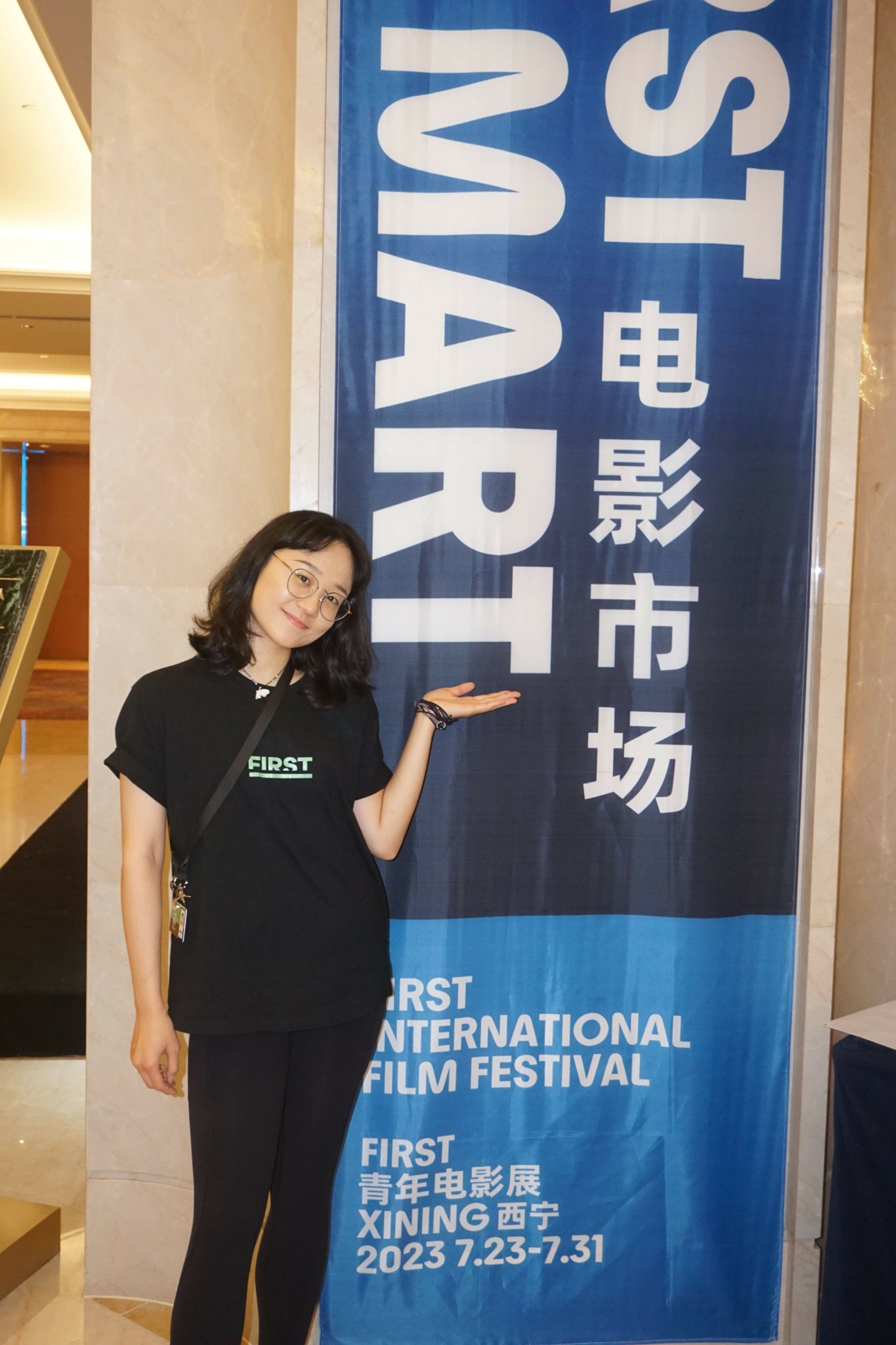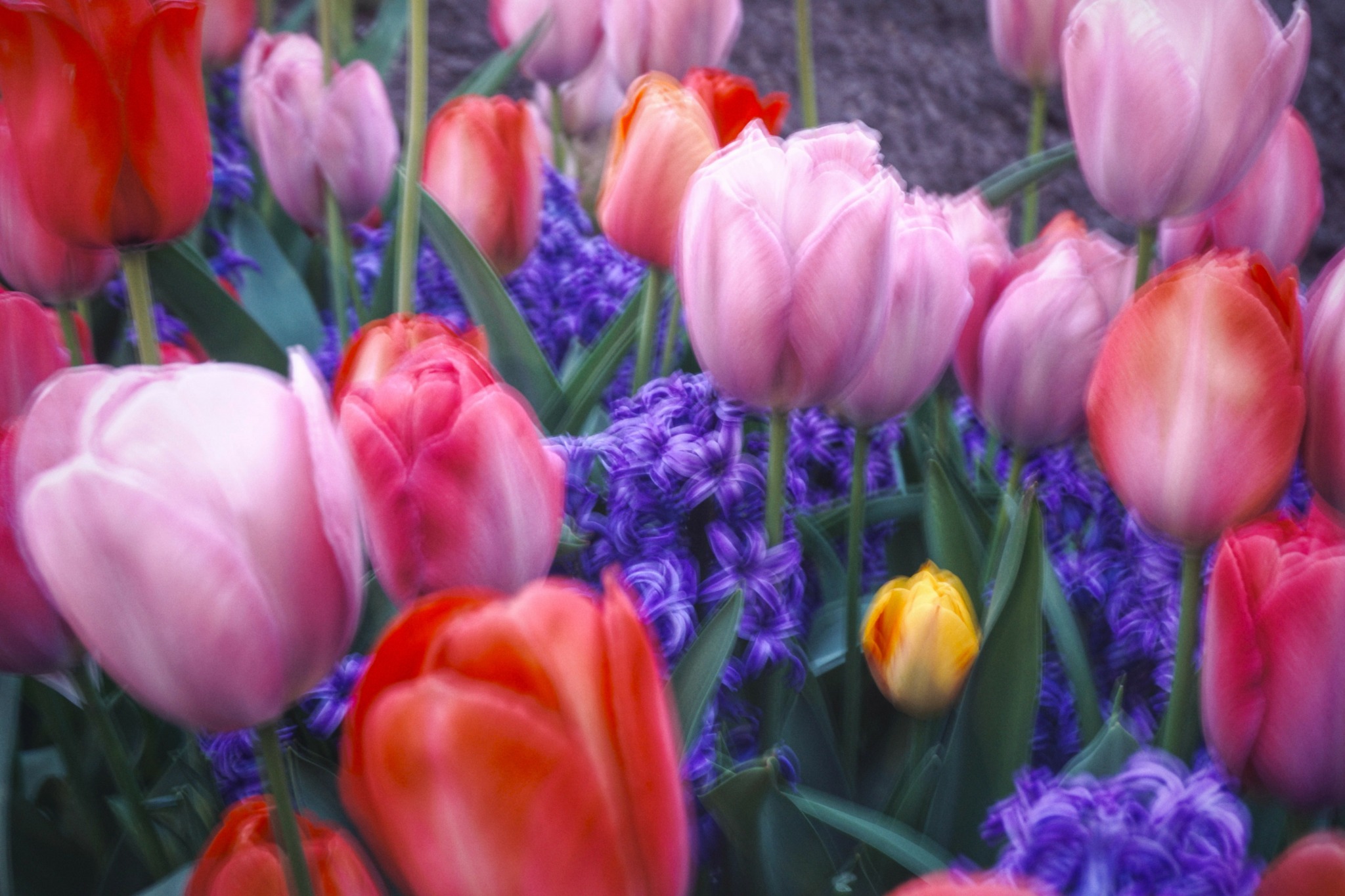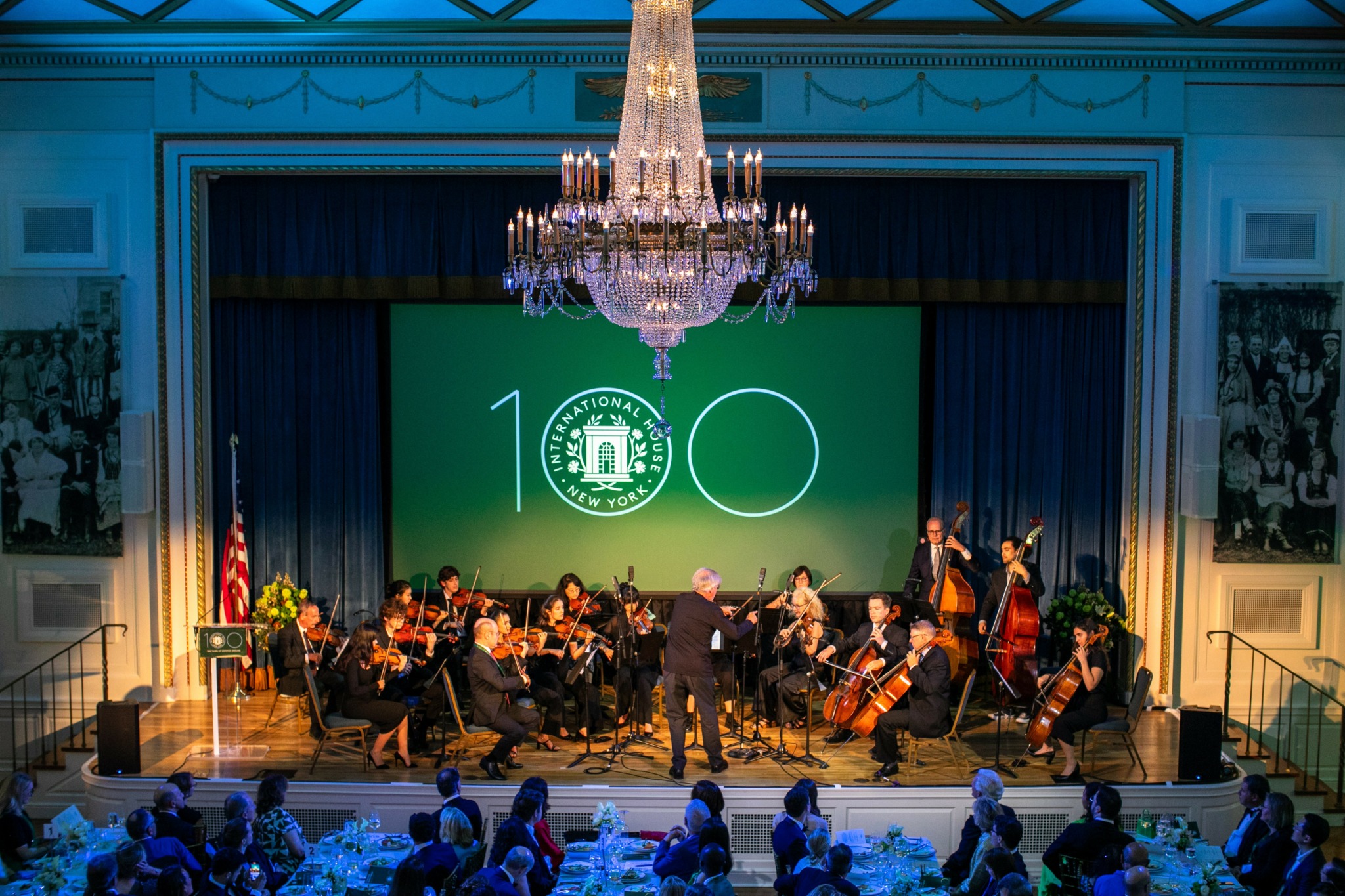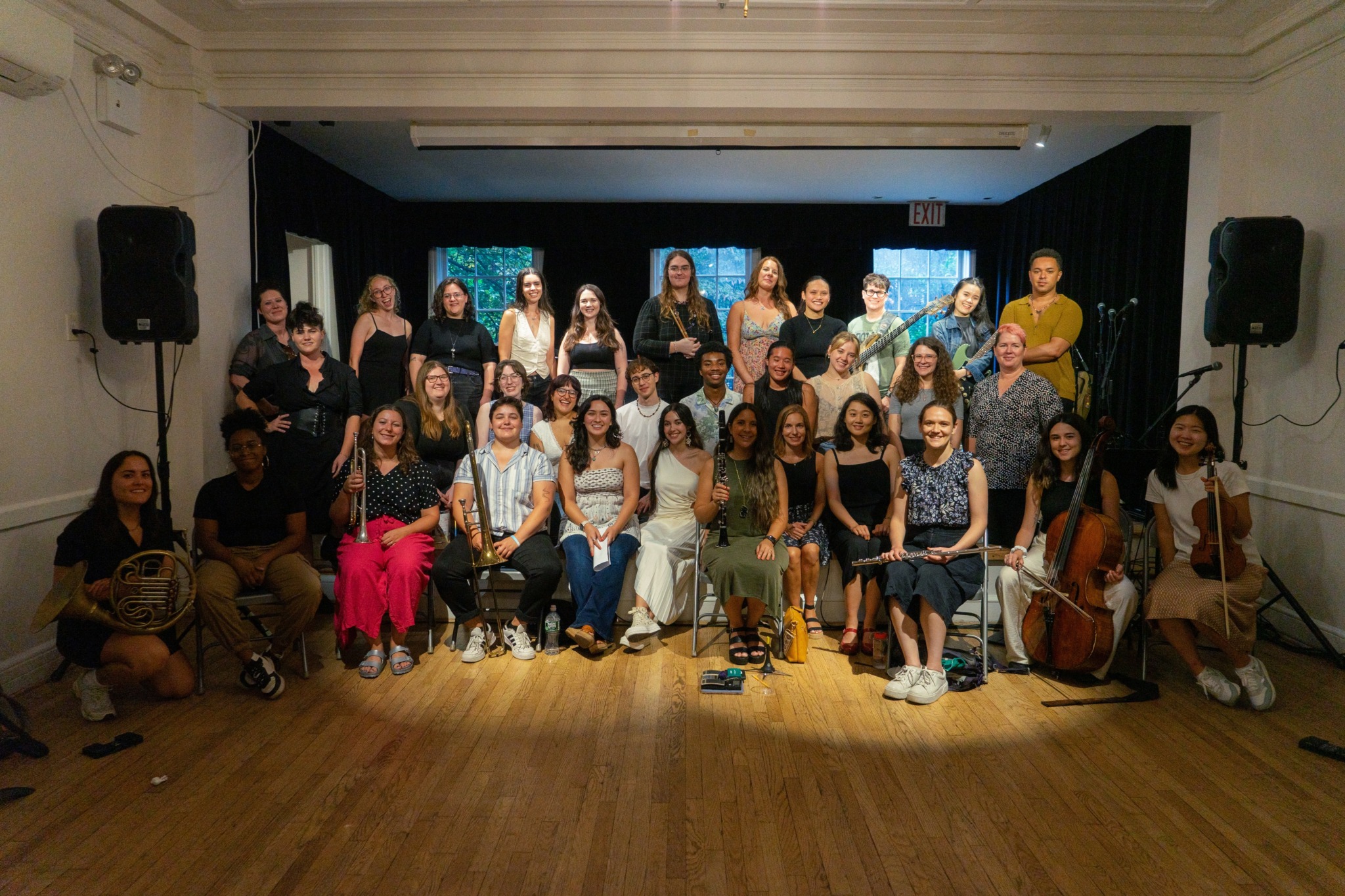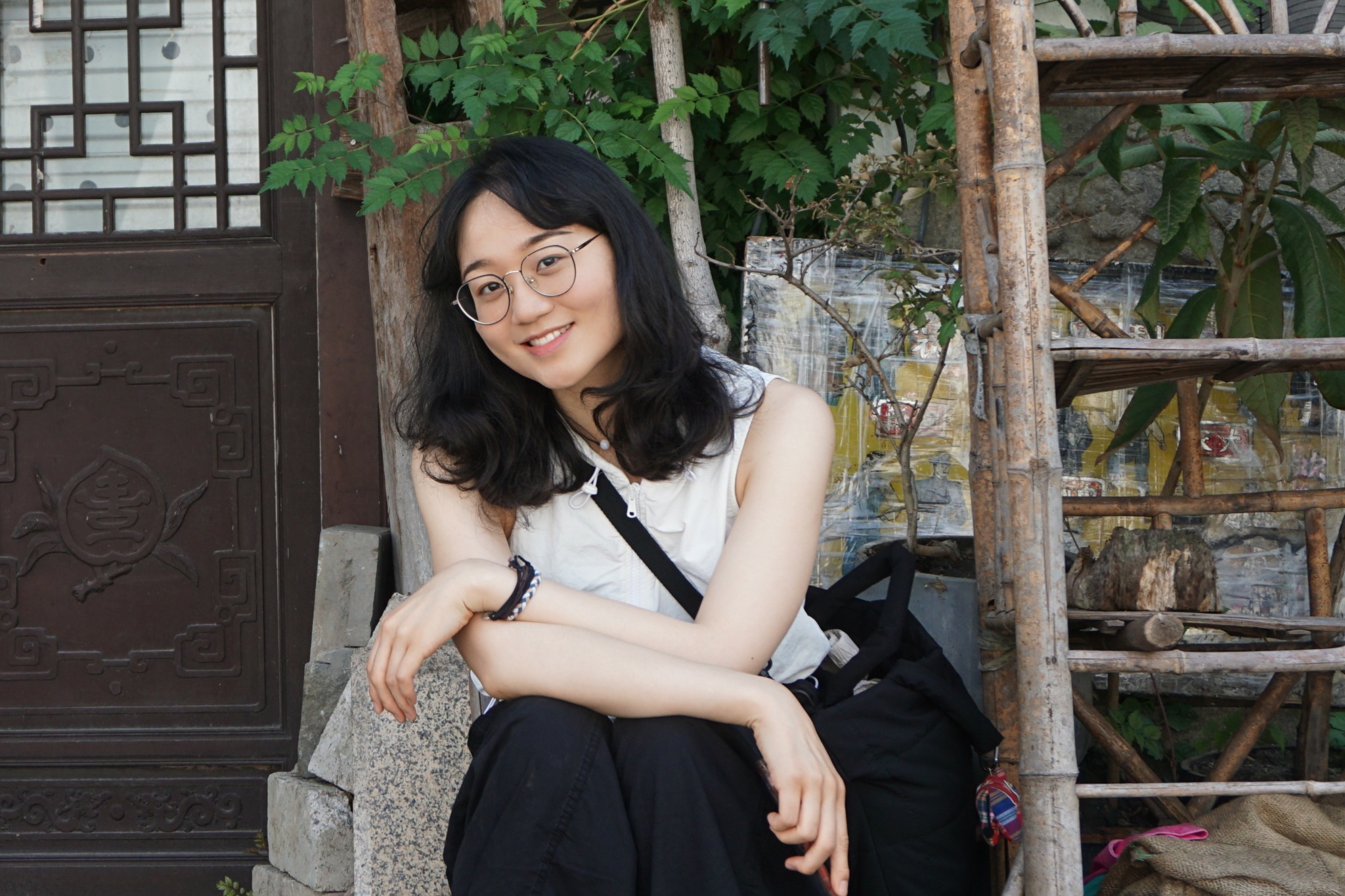We recently connected with Panzhen (Panpan) Wu and have shared our conversation below.
Hi Panzhen (Panpan), thanks for joining us today. When did you first know you wanted to pursue a creative/artistic path professionally?
I would say, instead of a single moment, it was a series of events that led me to the path of screen scoring and narrative songwriting.
Growing up, while I was always involved in the performing arts, I was passionate about the intellectual challenge of inquiring rationality. When I entered college, my plan was to research music technology or cognition. Well, one day, I had an unexpected and enlightening conversation with a math professor, Xuwen Chen at the University of Rochester, who said, “It’s usually human emotions that direct the use of rationality.” Since then, my appreciation for sensitivity has grown.
During the pandemic, I gradually realized a lack of purpose in life. At a choir’s concert in my junior year, I confronted this existential crisis: I saw people suffering, but my esoteric interests couldn’t be helpful.
After that epiphany, I joined a Chinese theater club (XTG) at my college to write theme songs for plays, and began exploring music composition of various formats. All these experiences brought me so much joy! I can embed implicit analogy or make bold statements in my song lyrics, leave creative marks with contemporary classical composition, and add narrative depth to visual media with music.
Meanwhile, I studied film through a scholarship program at the end of my undergraduate years and interned with a literary agency (The Arlook Group) in Los Angeles. While gaining a comprehensive understanding of film production, business, and industry, I found that visual media is an accessible and effective way to communicate “experience.” My belief in the impact of storytelling grew stronger: moving stories and unique aesthetics can provoke deep feelings and reflection. For example, I often say that if everyone on earth watched all of Studio Ghibli’s films, there would be more peace.
One day, I watched Joaquin Phoenix’s Oscar Award speech for his performance in “Joker” (2020). I realized that the purpose of power is to create impact, to have your voice heard on a greater platform. I decided that working professionally as a composer in the field can be my starting point to convey both the beautiful and ugly in people, nature, and society. Afterwards, my professional journey would truly begin with my graduate studies at NYU Screen Scoring Program.
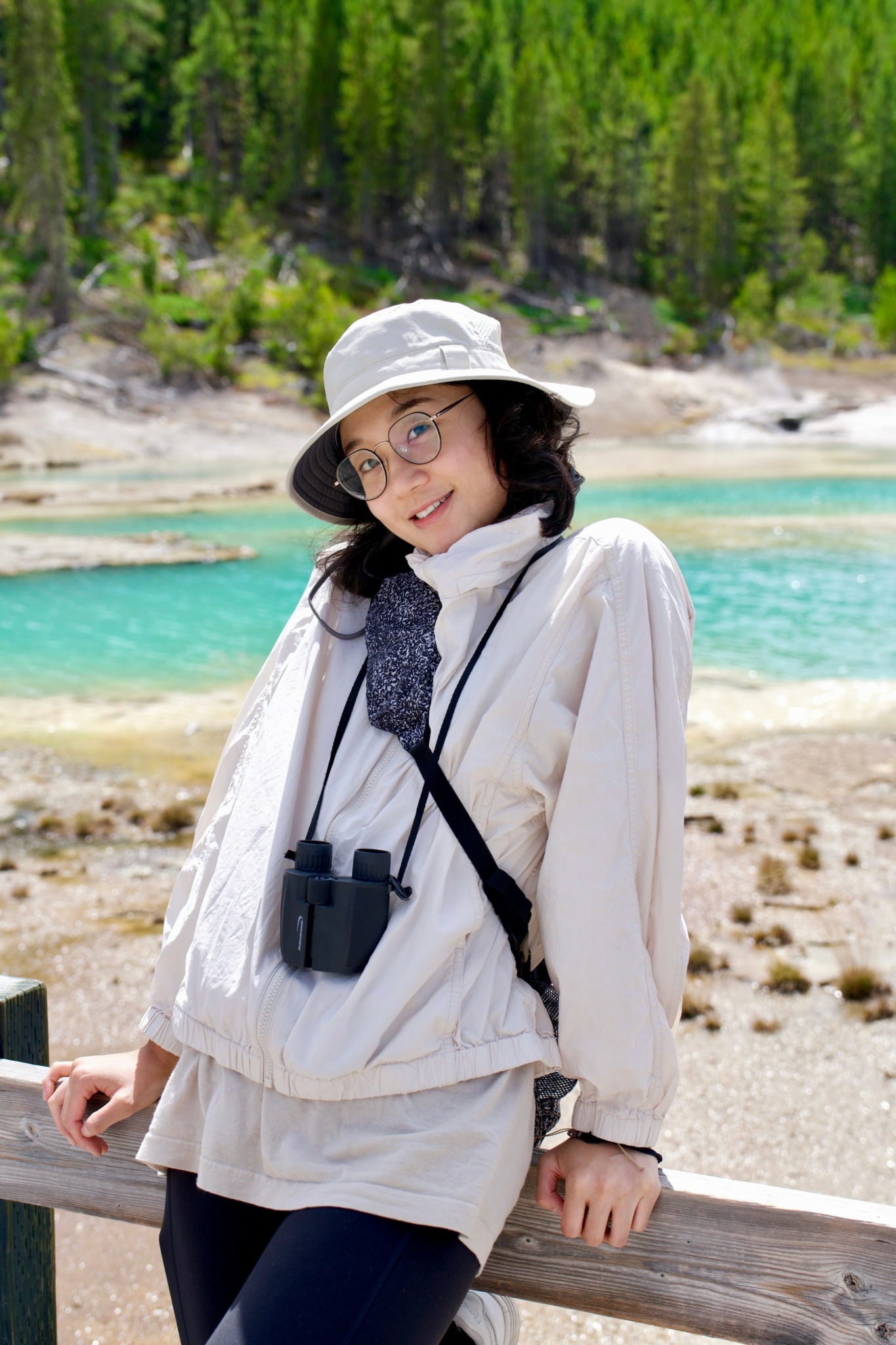
Panzhen (Panpan), love having you share your insights with us. Before we ask you more questions, maybe you can take a moment to introduce yourself to our readers who might have missed our earlier conversations?
My name is Panzhen (Panpan) Wu, a screen composer, narrative songwriter, music educator, violinist, and vocalist. I recently graduated from New York University Screen Scoring Program and started my own studio, Panpan Productions LLC.
As a composer, the projects I’ve worked on usually explore themes of human relationships, amplify the experiences of women and Asian communities, and challenge social constructs. I‘m also simply passionate about animation and musical theatre as storytelling mediums, regardless of the subject matter. Through these collaborations, I’ve come to understand my role as a composer for media: not limited by style, but guided by narrative while striving for creativity.
I believe a great artist is pluralistic, and what sets me apart are the things I do outside of music. My academic background in math, science, philosophy, linguistics, and music cognition have shaped the way I interact with the world. Currently living in New York City, I find unexpected inspiration everywhere, from subway podcast sessions on economics or psychology to conversations at International House (my residential place), where I’ve met activists, philanthropists, educators, and artists from around the world. My music theory teaching experiences also act as an incentive for me to research more on music as a subject beyond music production. Additionally, I would spend hours cooking or going out to take photos, because they are my favorite quick and intuitive forms of relaxation and self-expression. I also enjoy volunteering at film festivals, my “cheap way” to meet fellow filmmakers and watch new movies in cinemas.
All these experiences bring me joy and have instilled in me intermedial and multidisciplinary ways of thinking, allowing me to connect with collaborators more effectively and communicate stories across cultures, styles, and disciplines.
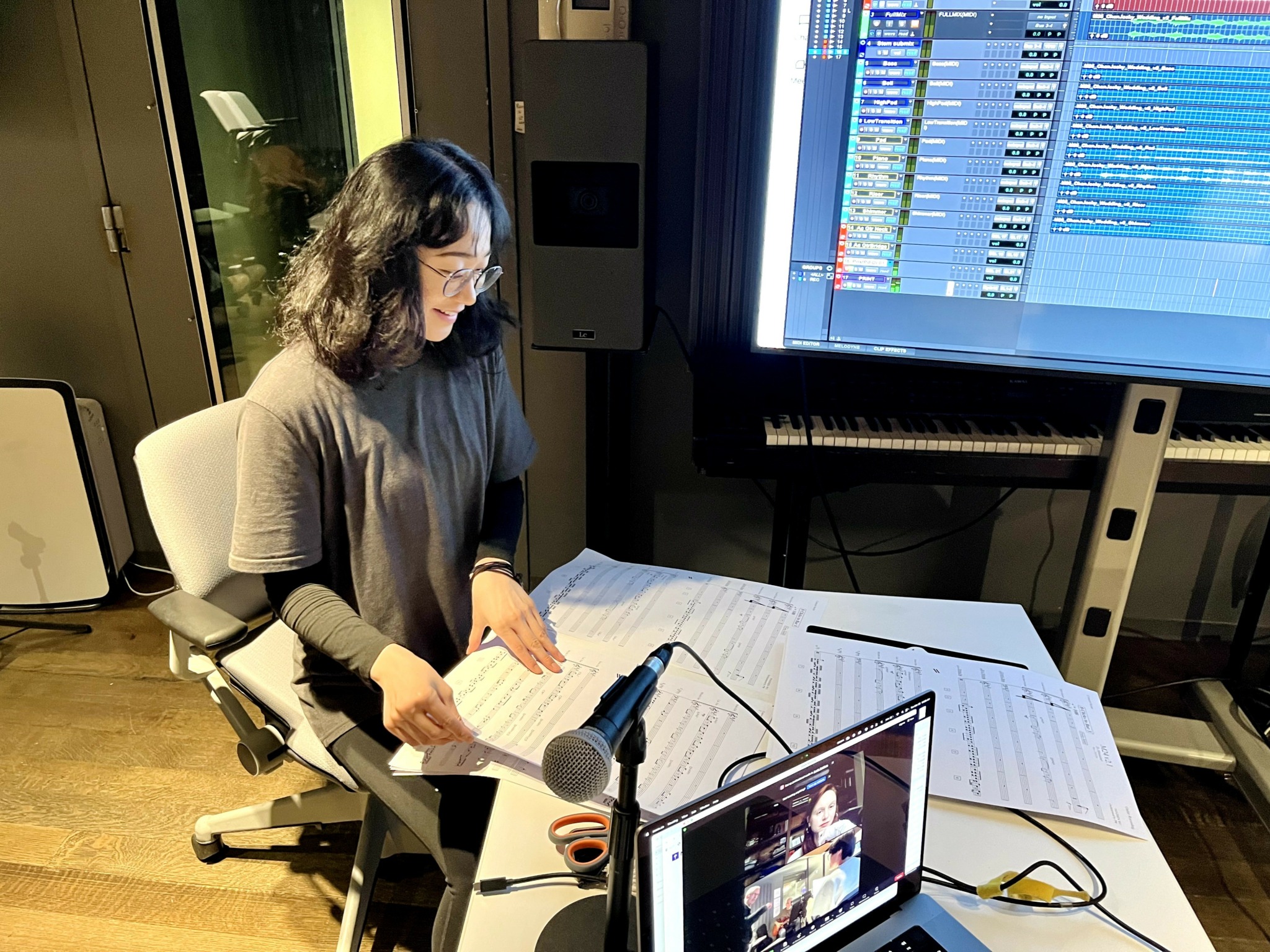
What do you find most rewarding about being a creative?
I think the most rewarding part is when the directors I collaborate with, my friends, or the audience give me specific feedback on my music and efforts.
I enjoy those moments when I share a cue with my friends without telling them the concept behind it or showing them the picture, and they describe their feelings and the images they see. For example, one time someone said, “This whimsical tune makes me reminisce about a forest, a cabin, spirits, fireflies, bunnies, and other childhood memories.” or “Panpan! This piece is very evocative and alluring. You must be writing for a hot scene!” I would get excited when their reactions match the effects I intended.
I’m also proud that my compositions can have a life beyond the screen or stage. For example, the theme songs I wrote at XTG are not strictly pop; they included theatrical elements and layered, implicit lyrics. Some audience members told me afterwards that they listened to the theme songs on repeat, and asked me to write more. Similarly, a director I worked with once told me he listened non-stop to one of my cues during his gym workouts!
I also crave partnerships with directors who refer to a project as “our film.” That kind of phrasing shows me that my scores, and I as a composer, are treated with respect and fondness. I was lucky to have that experience in my first long-form collaboration with Seyeon Bang. We met at an NYU networking event where her project stood out among all the filmmakers’ presentations for me, and she later told me that after reviewing all the demo reels, I had been her top choice of composer. The collaboration on our documentary Safari went smoothly. I was able to grasp the messages right away, helped by my familiarity with East Asian contexts, as well as the mutual trust and appreciation we built. Seyeon’s clear, well-documented communication made the process even more fluid. Afterwards at the screening, classmates told me, “When the music appears in Safari, I can tell this is Panpan’s music.” It felt wonderful to know that my crafts carry their own character.
In the end, the most rewarding part of collaboration is its mutual enrichment: my music can add narrative depth to the film, while the process helps me grow in return, showing me that I can handle various genres and scenarios, and helping me discover my own voice and the unique perspectives I bring beyond technical composition skills.
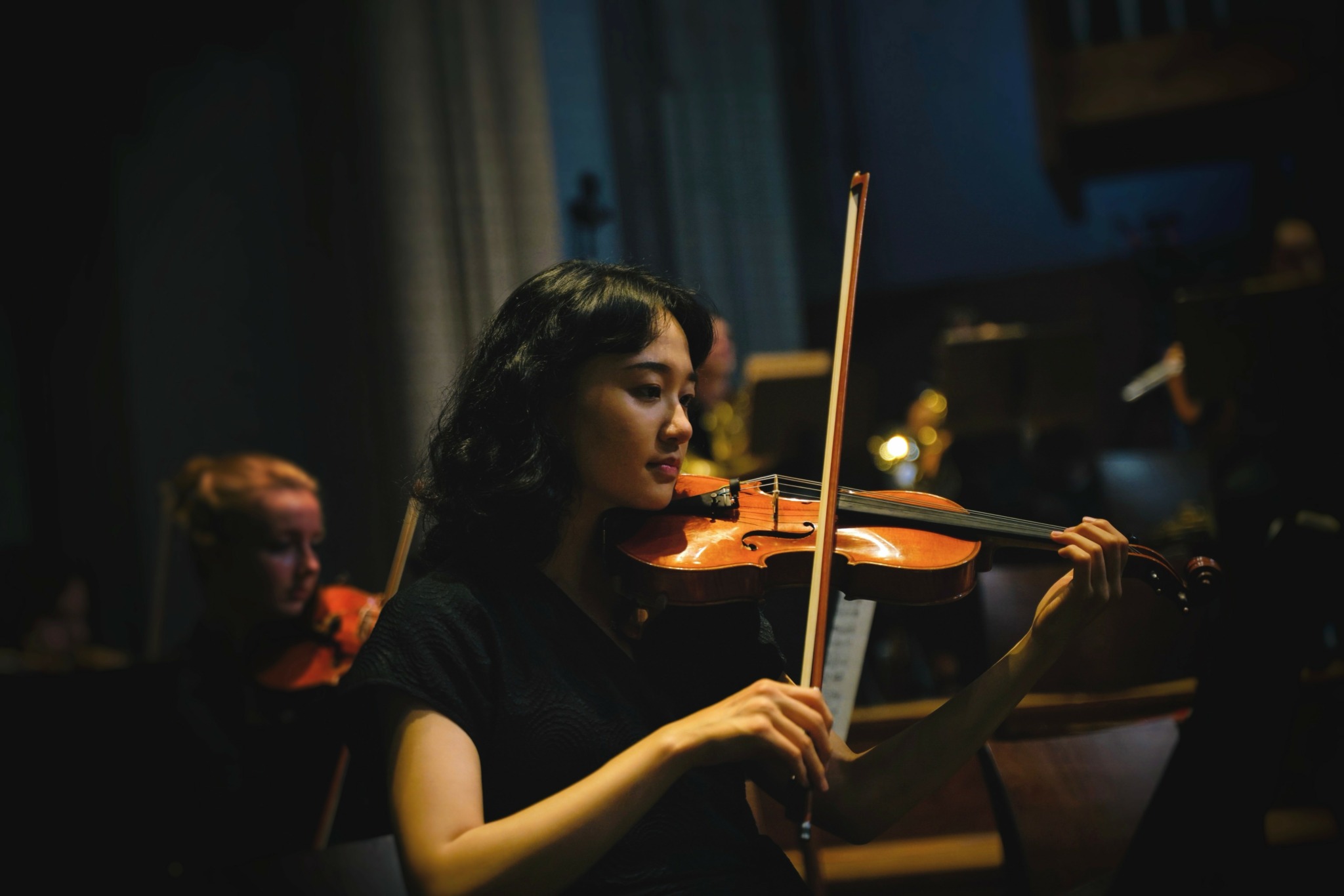
Can you share a story from your journey that illustrates your resilience?
My first feature film collaboration didn’t last till the end. At first, the director loved my music, and I believed deeply in their script and vision. We often exchanged ideas—sometimes concrete and detailed, sometimes abstract—to find common ground. But over time, I realized that although we shared the same interpretation of the story, our musical tastes diverged. For instance, the director heard a cue as pompous and self-righteous, while to me it sounded like a mocking clown.
They also asked for multiple cues in different styles for the same scene without clear direction. I would be happy to have the freedom to explore and innovate my music style given a luxurious timeframe, but with only two months before a major festival deadline, the pressure was immense. While I took initiative to recruit extra support, because I saw myself as the lead responsible for solving the project’s musical challenges, the director began considering bringing in another composer from their side. When I finally raised my concerns and pushed to formalize our contract, they chose to end the collaboration. It was disappointing and disheartening, especially given my commitment.
I quickly reflected on the situation and accepted the termination. That same night, I changed clothes, on my way to a filmmaker networking event at a local film festival. I knew it would take time to process my emotions, but I wasn’t going to let go of a valuable opportunity. If one project ends, I want the next one to begin.
One of my mottoes is, ‘Everything that happens, happens for the best.’ I’m grateful for every chance to learn. Instead of discouraging me, the experience gave me greater confidence in my scores, my musical choices, and the value I bring to projects. I became even more energetic, proactive, and enthusiastic, delivering cues faster than ever in subsequent collaborations.
I was also reminded how much more there is to learn beyond graduation. In addition to the art and craft of screen scoring, I have to strengthen skills in technological and procedural efficiency, communication, and contract writing as a professional composer. So, I began applying to programs, such as the VIFF AMP Music in Media Summit where I was accepted, as well as other music-in-media and musical theatre mentorships and workshops, seeking opportunities to learn from professionals and continue growing in this field.
Contact Info:
- Website: https://panpanwumusic.wixsite.com/panzhenwu-music
- Instagram: https://www.instagram.com/panpanwu_music
- Other: Panpan Wu’s Selected Music Tracks on ReelCrafter: https://play.reelcrafter.com/N8BVoOqLRBmjZq5dLxnvHA
